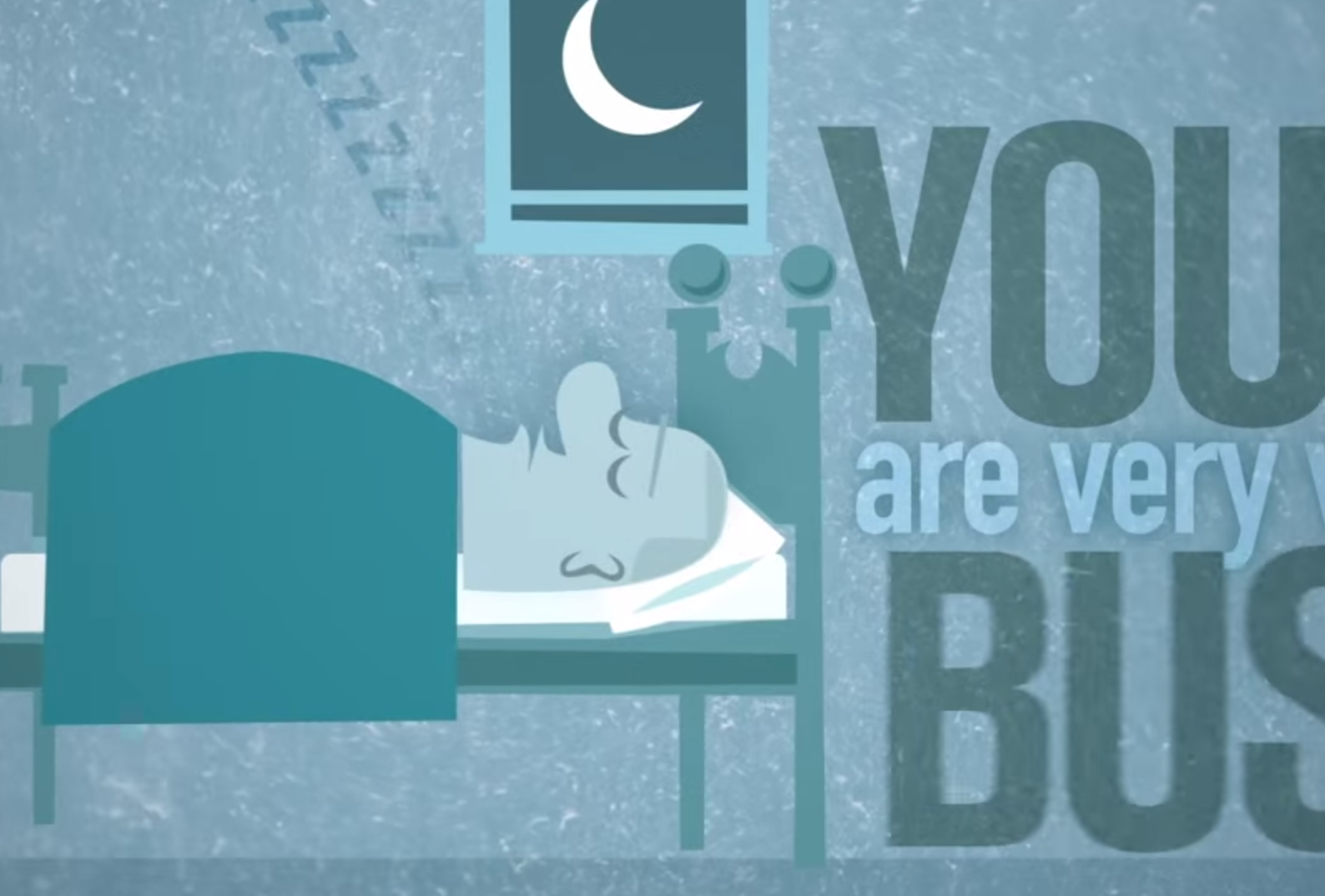Sony has teamed up with Stanford scientists to create a smartphone app that'll help fight cancer, Alzheimer's, and other diseases.
The new app, which is now available from the Google Play Store, is called Folding@home. It's considered an extension of the Folding@home computing project that both Sony and Stanford launched in 2007. The project has simulated the structure of dozens of proteins. They're produced as linear ribbons of molecules that "snarl up like a ball of yarn", according to Stanford, a process known as "folding".
Folding@home has been using a supercomputer of sorts (a distributed network of computer and Playstation 3 GPUs) to study and simulate the configuration of that snarl in order to better understand how proteins help the body function properly. If a mutation occurs during folding, for instance, the protein's function will be impaired and may be harmful to the human body.
Although the project has counted roughly 150,000 users and can provide full models of specific proteins at researchers' request, Stanford and Sony have been thinking of ways to expand the project in a way that makes use of mobile computers such as smartphones and tablets. The new app is the result of that thinking, and at launch, will focus on simulating several configurations of a kinase protein involved in breast cancer.
Scientists have discovered that breast cancer patients respond differently to drugs due to individual differences in how this kinase is configured. Simulating a dozen configurations of the kinase, and then testing the response to drugs, will help doctors choose more effective treatments. Although your phone can simulate about 1 nanosecond per day, a kinase takes about 300,000 nanoseconds to fold.
If 10,000 phones download the Folding@home app and work eight hours a day, Stanford will finish simulating the kinase protein in three months. The app is designed to run when your phone is not in use and even charges while you sleep. When you decide to use your phone, it'll hand the simulation to another phone that is not in use and maximise the network's capacity.
After this particular study is completed, the app will launch a new one that'll investigate proteins associated with Alzheimer's disease. The beta version of the app is compatible with select Sony smartphones and will be made available for all phones running Android 4.4 later this year.

